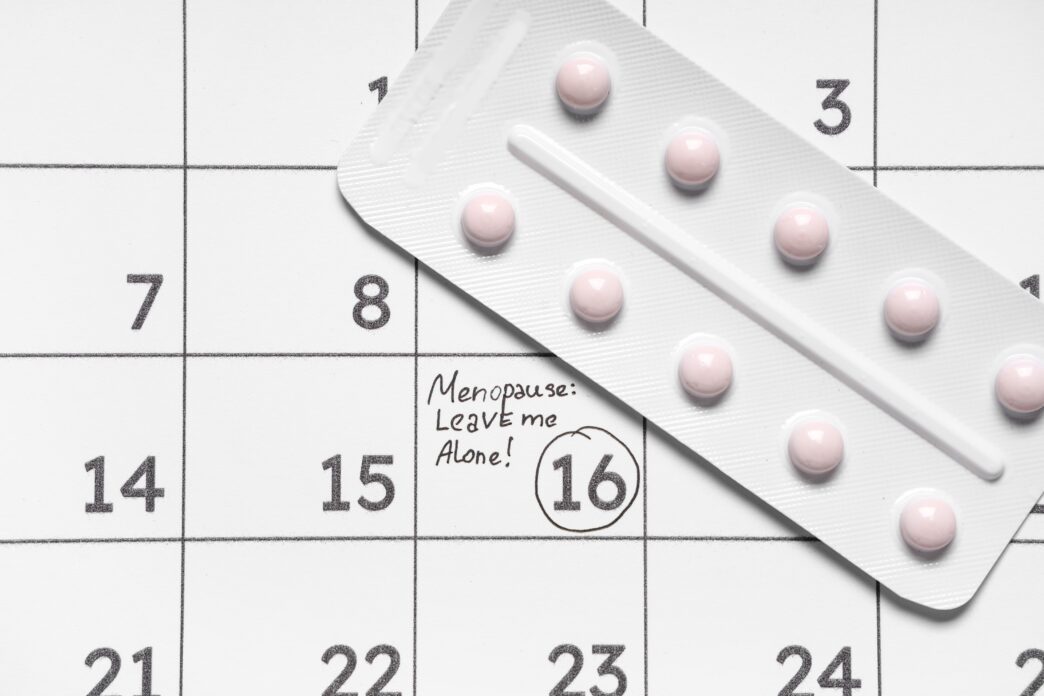Executive Summary
- The FDA, with strong endorsement from top U.S. health officials, has removed the “black box” warning from menopause hormone therapy products.
- Officials claim the therapy offers major long-term benefits, such as reducing the risk of heart disease and dementia, correcting what they call a past medical error.
- Many physicians and medical groups express caution, arguing the benefits are being oversold and the risks of systemic therapies are being downplayed.
- Experts are calling for a balanced, individualized approach, emphasizing that different forms of hormone therapy carry different risks and should be discussed between a patient and their doctor.
U.S. health officials have announced the removal of the longstanding “black box” warning from menopause hormone therapy products, a move intended to increase access to treatments they claim have profound long-term health benefits. However, the decision has prompted concern among many physicians and medical experts who advocate for a more balanced approach, warning that the benefits may be overstated and the potential risks downplayed.
On Monday, Health and Human Services Secretary Robert F. Kennedy Jr. and FDA Commissioner Dr. Marty Makary stated the decision corrects a 22-year-old warning based on what they described as flawed research. They promoted hormone replacement therapy (HRT) as a treatment capable of significantly reducing a woman’s risk of heart disease and dementia, with Dr. Makary ranking its impact near that of antibiotics and vaccines.
Despite the administration’s strong endorsement, many medical professionals are urging caution. Dr. Leslie Cho, director of the Cleveland Clinic’s Women’s Cardiovascular Center, expressed worry about an “overwhelming embrace of hormone replacement therapy without understanding the data.” Experts emphasize that HRT is not a miracle drug and that its benefits and risks vary significantly among individuals, depending on health history and the specific type of hormone therapy used.
Critics also noted that the FDA’s decision-making process appeared to deviate from its usual protocols, which typically involve convening an advisory committee to review all available data. Dr. Makary defended the move, stating such committees can be bureaucratic and expensive. The evidence cited by officials has also drawn scrutiny, with some experts pointing out that it relies on older, observational studies while omitting contradictory findings from more rigorous randomized controlled trials.
Medical societies, including the American College of Obstetricians and Gynecologists, were not consulted prior to the announcement. While supportive of removing the warning from low-risk local vaginal estrogen products, many experts believe it is still relevant for systemic therapies like oral pills, which carry a higher risk of blood clots. They stress the importance of distinguishing between different delivery methods, such as pills versus transdermal patches or creams, which have different safety profiles.
A Call for Balance
Ultimately, the medical community is calling for a more nuanced conversation between patients and their doctors. Dr. Stephanie Faubion of the Mayo Clinic highlighted the two extremes she encounters: patients who view HRT as an anti-aging cure-all and others who are overly fearful of its risks. Experts agree that hormone therapy is neither a panacea nor a poison, but a medication that requires careful, individualized consideration of its indications, benefits, and potential side effects.








